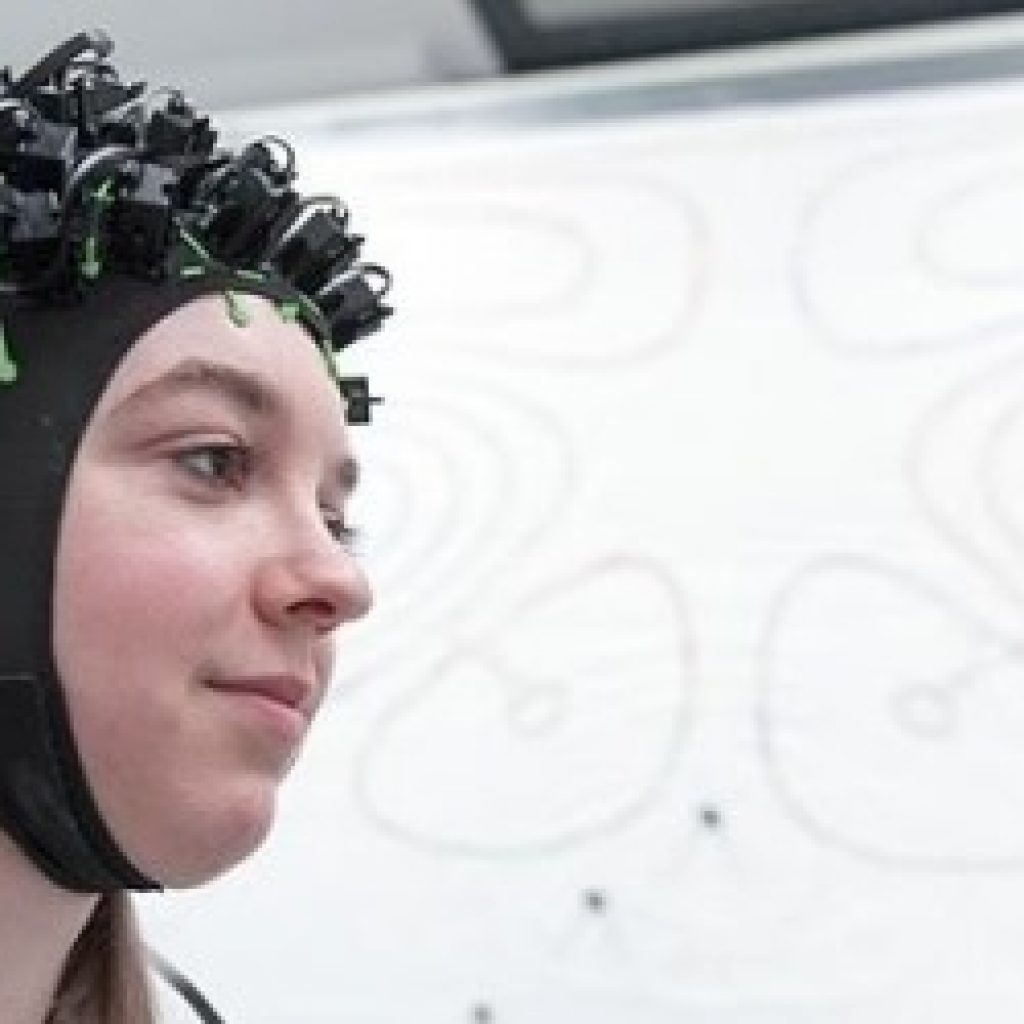(IMECHE.org) Biomedical devices are becoming smaller because of miniaturisation from tiny quantum sensors developed by Quspin in Colorado. Biomedical devices are shrinking thanks to incredibly thin ‘microwires’ that react to physical qualities such as heat.
The quantum sensors exploit the properties of alkaline rubidium atoms. Circularly-polarised light is shined on the atoms in a process known as optical pumping, which puts them all in the same quantum state and gives them the same magnetic moment – they all point in the same direction. As the gas of atoms is magnetic, it no longer absorbs laser light. If the atoms experience a magnetic field, the alignment of the magnetic moment changes and they start absorbing light again. Each sensor has a laser, which monitors the amount of light passing through the gas.
In this way – and thanks to some clever ‘noise cancelling’ tricks to remove the Earth’s background field – the sensors measure the magnetic field generated by human brain activity, and observers can infer what a brain is doing.
Biomedical Engineering Enters the Quantum Realm
